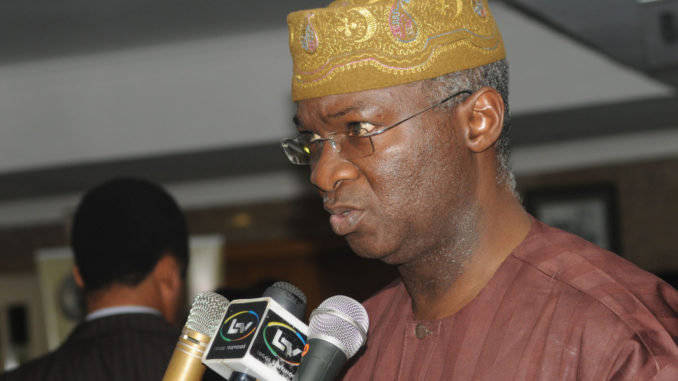
There appears to be no end in sight for the Nigeria’s electricity crisis as a system adequacy report submitted by the Transmission Company of Nigeria (TCN) to the Nigerian Electricity Regulatory Commission (NERC) has indicated that Nigeria would continue to suffer from severe grid electricity shortage in the next 10 years.
The report said this would happen because under the most optimistic assumptions of high technical availability, high rainfalls, and low demand growth, energy deficit in the country would remain at a level of around 3,000 megawatts (MW).
The country, it explained would however experience an average increase in power demands by 15,440MW and 24,551MW in 2027.
The report indicated that the studies was undertaken by the Japan International Cooperation Agency (JICA) perhaps for the TCN, and that it forecasted for periods up to 2027.
“Nigeria will continue to suffer from a severe deficit in electrical energy from the main supply grid in the next 10 years. Even under most optimistic assumptions (high technical availability, high rainfalls, low demand growth), this energy deficit will remain at a level of around 3000MWh/h. In addition to insufficient generation capacity, constraints in the gas supplies will remain very important. Given the expected available generation capacity, gas constraints will continue to limit the available energy until 2025. The capability of the transmission network was calculated under the conditions of all active generators in service and the load distributed according to the MYTO allocation5.
The planned generation and transmission projects were considered. The capability of the 330kV network is limited by thermal as well as voltage stability constraints,” said the report.
Based on its findings as far back as 2015, it stated: “The adequacy of the generation and transmission systems in 2015 is summarised as follows: Nigeria suffered from a severe shortage of electrical energy. Based on an estimated demand of on-grid loads, the Energy Not Supplied (ENS) amounted to 19.3TWh, which represents a continuous average power of 2208MWh/h. The energy shortage was largely due to constraints in the gas-supply chain. These shortages led to an average deficit of 1512 MWh/h. Only some 77 per cent of the available energy from the power plants is utilised. The remaining 23 per cent is not utilised due to problems in the entire supply chain, including generation, transmission and distribution,” he added.
Continuing, it explained: “In addition to the energy shortage, there was a severe shortage in reliably available generation capacity (RANGC). RANGC represents the amount of generation that is available for 99 per cent of the time, irrespective of any gas and water constraints.
“It amounted to 5495MW. The gap between RANGC and peak demand amounted to some 2375MW, when using the same demand estimate. The shortage was not only due to insufficient installed generation capacity, but also due to poor availability of the generators. The primary frequency regulation of the power generating plants was not working in 2015, causing the statutory frequency limits to be exceeded every day. Six total and four partial Collapses occurred, which is very high by international standards,” said the report.
On transmission it stated: “Transmission constraints frequently limited the power flows in the network. Generation in the south-east frequently had to be reduced due to local transmission constraints and due to constraints in the lines from the Benin towards Lagos areas.
“Whenever the availability of generation was high, the flow from Shiroro to Kaduna had to be limited to ensure that voltage stability would be maintained in operation. As a result, the power allocated to the northern Discos (according to MYTO) could frequently not be met. Furthermore, a redistribution of power to the southern Discos often failed, ultimately requiring the generation in the south-eastern network to be reduced,” the report.